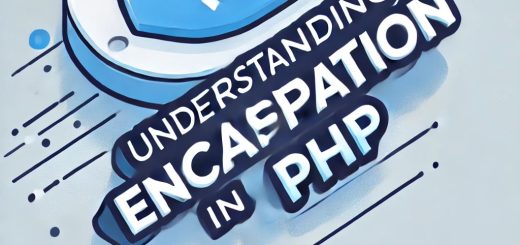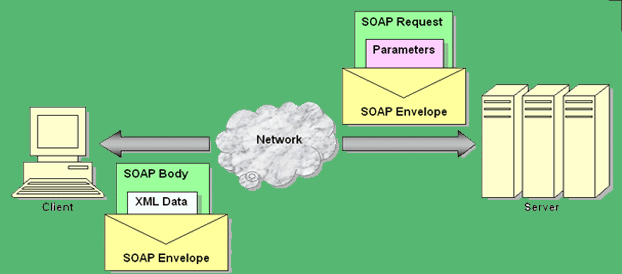Introduction to Object-Oriented Programming (OOP) in PHP
Object-Oriented Programming (OOP) is a fundamental programming paradigm that makes use of “objects” to design and structure software applications. PHP, being a versatile and widely-used server-side scripting language, provides robust support for OOP, enabling developers to write clean, modular, and reusable code.
In this blog, we will explore the basics of OOP in PHP, discuss its key components, and provide practical examples to help you get started.
What is Object-Oriented Programming (OOP)?
OOP is a programming methodology that organizes code into objects. Each object is an instance of a class, and these objects can contain properties (data) and methods (functions). This approach promotes code reusability, scalability, and maintainability.
Key Components of OOP in PHP
1. Classes and Objects
A class is a blueprint for creating objects. An object is an instance of a class.
Example:
<?php
class Car {
public $make;
public $model;
public function displayCar() {
return "This car is a $this->make $this->model.";
}
}
$car1 = new Car();
$car1->make = "Toyota";
$car1->model = "Corolla";
echo $car1->displayCar();
?>
Output: This car is a Toyota Corolla.
2. Properties and Methods
- Properties: Variables that belong to a class.
- Methods: Functions that belong to a class.
3. Access Modifiers
Access modifiers define the visibility of properties and methods:
- Public: Accessible everywhere.
- Protected: Accessible within the class and its subclasses.
- Private: Accessible only within the class.
Example:
<?php
class Example {
private $data = "Private Data";
public function showData() {
return $this->data;
}
}
$obj = new Example();
echo $obj->showData(); // Outputs: Private Data
?>
4. Constructors and Destructors
- Constructor: A special method that initializes an object when it’s created.
- Destructor: A special method that runs when the object is destroyed.
Example:
<?php
class Person {
public $name;
public function __construct($name) {
$this->name = $name;
echo "$name created!\n";
}
public function __destruct() {
echo "$this->name destroyed!";
}
}
$person = new Person("John");
?>
5. Inheritance
Inheritance allows a class to use properties and methods of another class.
Example:
<?php
class Animal {
public function makeSound() {
return "Animal sound";
}
}
class Dog extends Animal {
public function makeSound() {
return "Bark";
}
}
$dog = new Dog();
echo $dog->makeSound(); // Outputs: Bark
?>
6. Encapsulation
Encapsulation bundles the data and methods operating on the data into a single unit.
7. Polymorphism
Polymorphism allows methods in different classes to have the same name but behave differently.
8. Abstraction
Abstraction hides the complex implementation details of a class and exposes only the essential features. Abstract classes and interfaces are commonly used to achieve abstraction in PHP.
Example:
<?php
abstract class Shape {
abstract public function calculateArea();
}
class Circle extends Shape {
private $radius;
public function __construct($radius) {
$this->radius = $radius;
}
public function calculateArea() {
return pi() * pow($this->radius, 2);
}
}
$circle = new Circle(5);
echo $circle->calculateArea(); // Outputs: 78.539816339744
?>
Benefits of OOP in PHP
- Code Reusability: Write once, use multiple times.
- Scalability: Easily extend existing code.
- Maintainability: Structured and easy-to-read code.
- Real-World Modeling: Aligns closely with real-world entities.
Conclusion
Understanding the fundamentals of OOP is crucial for modern PHP development. By leveraging classes, objects, inheritance, and other OOP principles, you can create robust, efficient, and maintainable applications.
In the next blog, we will dive deeper into the four pillars of OOP: Encapsulation, Inheritance, Polymorphism, and Abstraction, with detailed examples in PHP.
Kushagra Kumar Mishra
Latest posts by Kushagra Kumar Mishra (see all)
- Advanced WordPress Topics: Security, Performance, and Scalability (Part-2) - March 10, 2025
- Troubleshooting and Advanced Topics Part-1 - March 10, 2025
- Website Design and Development - March 10, 2025





Recent Comments